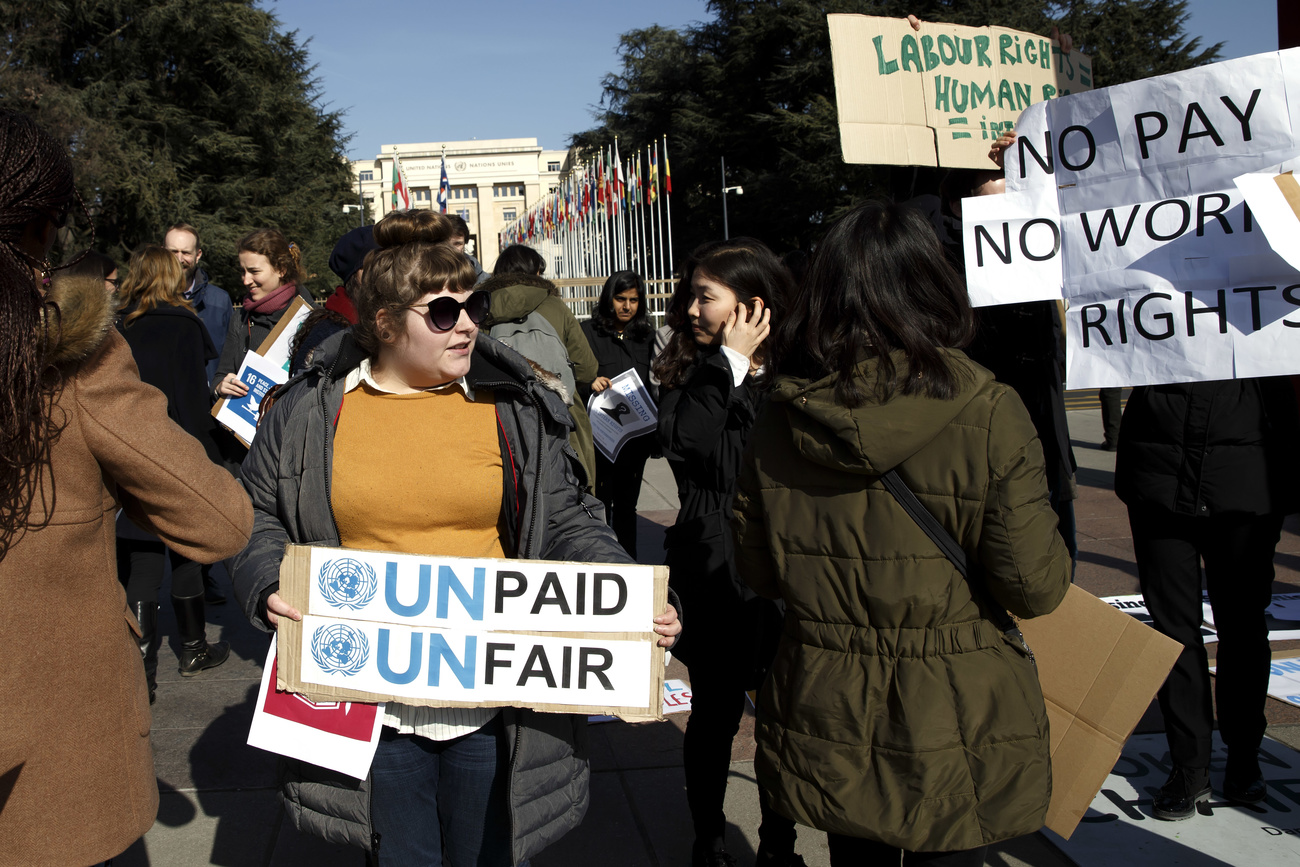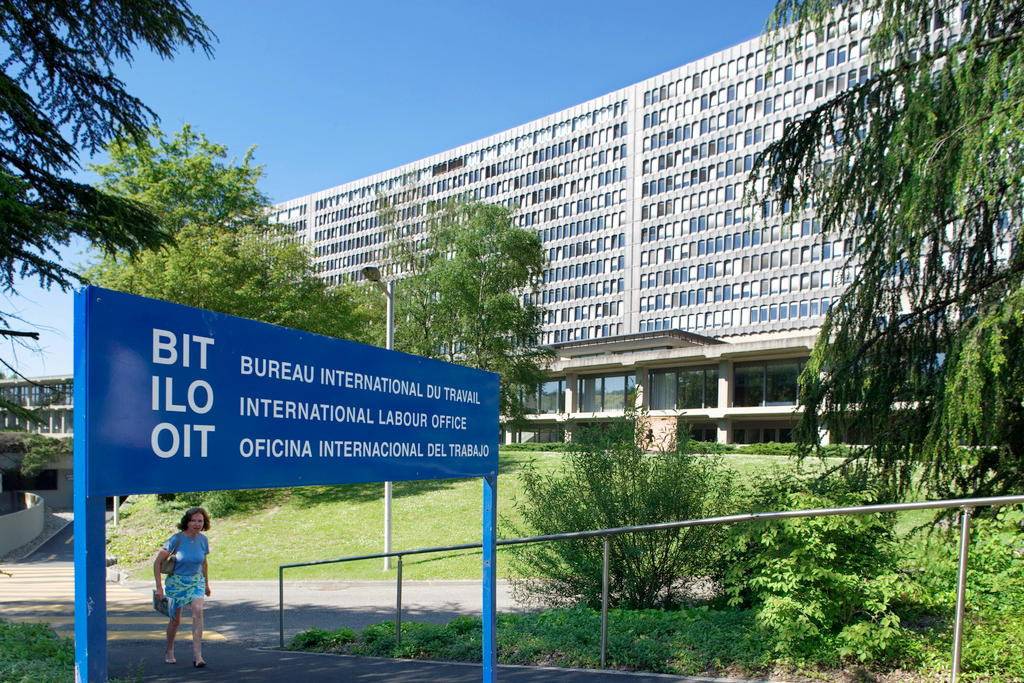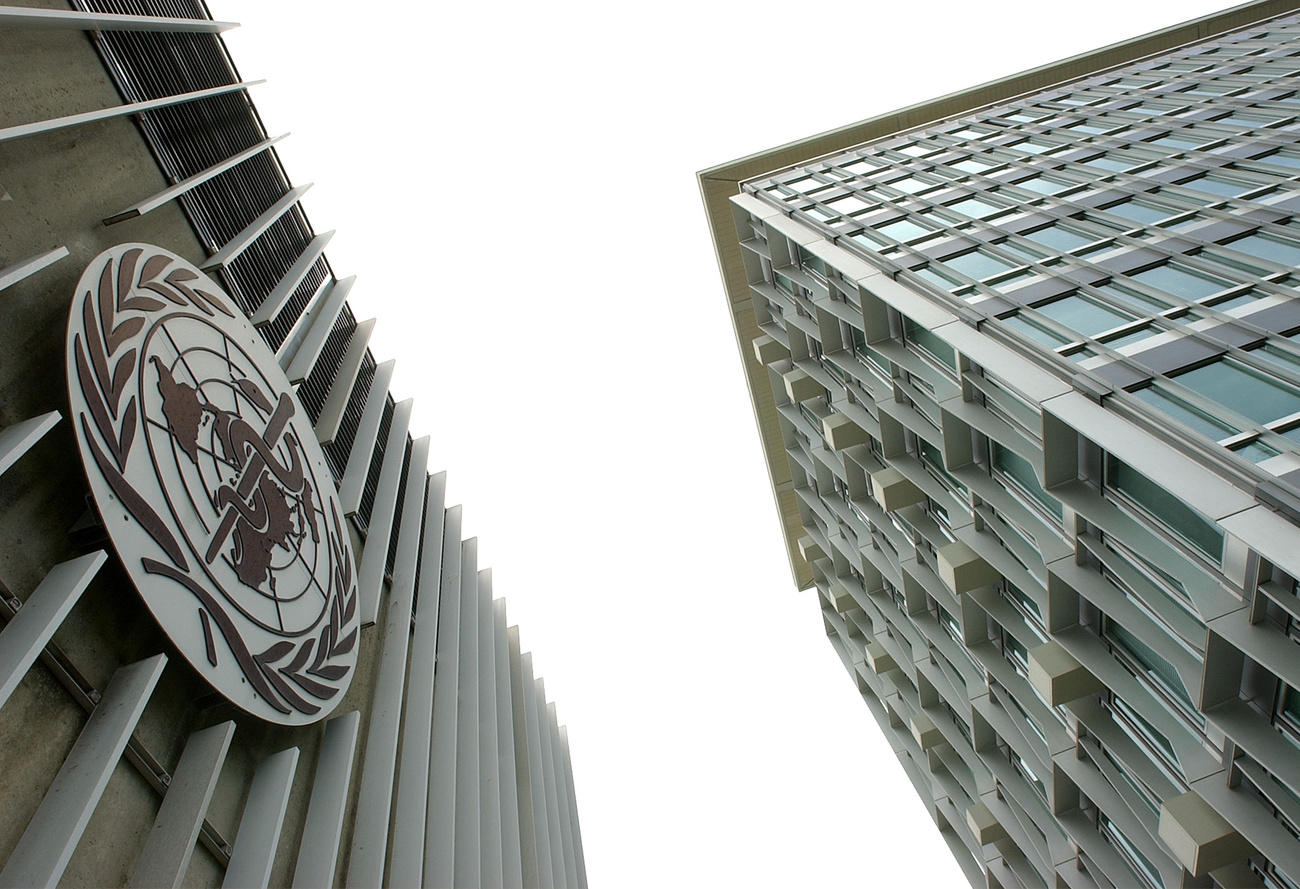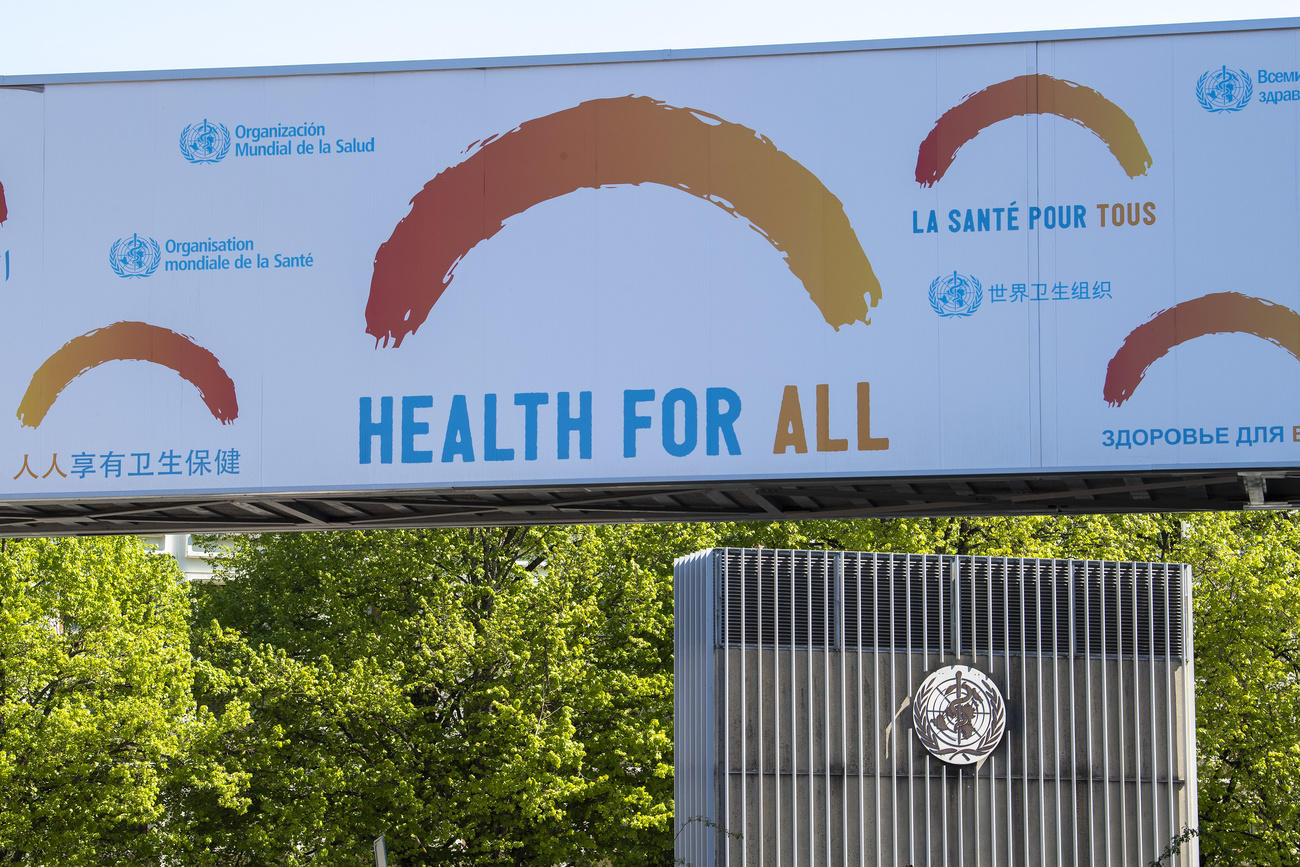Are paid interns a sign of change at the WHO?

The embattled World Health Organization has promised more diversity in its Geneva internships and this year started paying young interns for the first time. But internships in Geneva, one of the most expensive cities in the world, have now been suspended amid the coronavirus crisis, and after a row over whether the cash-strapped WHO should pay interns for working online from developing countries.
“As part of WHO’s transformation, we have been overhauling the internship programme to increase the diversity of our interns and make it possible for more young people from more countries, especially low- and middle-income ones, to get a chance,” Dr Tedros Adhanom Ghebreyesus, the global health body’s chief, told a press briefing in June. “We are committed to investing in young health leaders who will build a healthier, safer and fairer world.”
Pressure to pay interns had long been mounting at the United Nations and international organisations in Geneva, particularly after media reports about an intern who was living in a tent – a story that later appeared to be a media stunt – brought attention to conditions for the young workers and how the lack of pay may have favoured applicants from wealthier countries.
In recent years, the United States, the United Kingdom, Canada and Australia sent the most interns to the global health body, with only a quarter of those chosen coming from low-income countries. The WHO normally accepts around 1,200 interns annually in its Geneva headquarters and field offices. Those numbers, however, dropped sharply in 2020. WHO told swissinfo.ch that there were 32 interns representing 25 nationalities in Geneva before a lockdown was implemented in March in Switzerland due to the pandemic.
Unable to expand budgets and recruit staff, the UN and its organisations have increasingly used young graduates who are willing to work for free or low pay for two to six months to gain valuable professional experience. Around 80% of UN internships are unpaid, according to the Fair Internship InitiativeExternal link (FII), an advocacy platform of interns and young professionals leading efforts to reform UN internship schemes.
The UN strategy towards interns remains piecemeal. In the absence of a shared protocol, several UN agencies have tried to improve their own internship policies.
Promise to pay
Just days before member states adopted a resolutionExternal link in 2018 requiring that 50 percent of interns be selected from developing countries by 2022, Tedros said stipends and health insurance would be offered to WHO interns no later than 2020. The WHO was the first international organisation to adopt a resolution on internships advanced by member states.
Albert Barseghyan, the spokesperson for the FII, told swissinfo.ch that the WHO chief faced a reputational threat had he not introduced compensation for the interns.
“There were reputational risks that he tried to mitigate just before the World Health Assembly. He knew that there was going to be a resolution regarding internships, and during discussions they could have said ‘oh look, WHO is not paying health insurance for its own interns’. I think that it could have put Dr Tedros in a difficult situation,” he said.
First paid interns
Sushan Kharel, a Nepalese national, was one of the first interns this year to benefit from the new internship programme. He received CHF1,800 ($1,960) per month, health insurance and lunch vouchers at the WHO cafeteria, which he said was “very good to live in Geneva. I could live well.” He stayed at a student residence in the centre of town.
After initial training he received when he began in January, he worked in the finance department on two projects on his own, and then later in human resources. The work, he said, was comparable to that of staff peers.
His internship, which should have been completed in June at the end of a six-month term, was prolonged until August, as flights back to Nepal were suspended due to Covid-19.
From March he had to work remotely due to social distancing requirements. “Working for WHO at those times was amazing because you were right in the action” as the organisation declared Covid-19 a pandemic, he said. The young intern attended virtual events with the director general when he spoke to delegates about how to respond to the virus. “It was a very nice learning experience,” he said.
Paying for remote work?
Barseghyan said that the WHO had intended to suspend stipends for interns who chose to work remotely from their home countries after it became clear that travel would be complicated due to closed borders.
“The (WHO’s) idea was that stipends were there to cover living costs in expensive stations. This kind of reasoning opens up ways to justify unpaid internships,” he said.
He said this approach may create new forms of pay abuse for the interns as “in any place in the world, in order to live, you need to work, and if you are remote working for six months, who is going to feed you?”
But Kharel, who was also president of the interns’ board, said after the group had expressed their opposition to unpaid remote internships to the director general, the idea of remote work agreements was scrapped.
The WHO has subsequently suspended all internships until 2021, although it remains unclear exactly why. The organisation’s spokesperson confirmed that there were no interns currently at the Swiss headquarters and that “interns are not working from their home countries.”
Crisis mode
This comes in the context of a major funding crisis for the WHO, which is in the eye of the Covid storm. The Trump administration announced at the end of May it was withdrawing from the health body, accusing it of mismanaging the spread of the coronavirus and pandering to China. The US has been the WHO’s largest contributor, providing in financial year 2018-2019 a total of $893 million, of which $656 million were voluntary contributions, earmarked for particular projects.
The FII spokesperson expressed concern that the looming economic crisis may create an even greater reliance on low-paid interns. After the global financial crisis in 2008, he said, the number of interns hired by UN agencies “skyrocketed.”
“After the current health crisis and economic crisis, we may see the numbers of interns go up again,” said Barseghyan.
But WHO spokesperson Margaret Harris rejected the notion that the organisation may want to rely on interns as cheap labour. “The work that we do is highly technical. The bulk of the work could not be done by someone just coming in, who needs a lot of supervision and support.”

In compliance with the JTI standards
More: SWI swissinfo.ch certified by the Journalism Trust Initiative




Join the conversation!